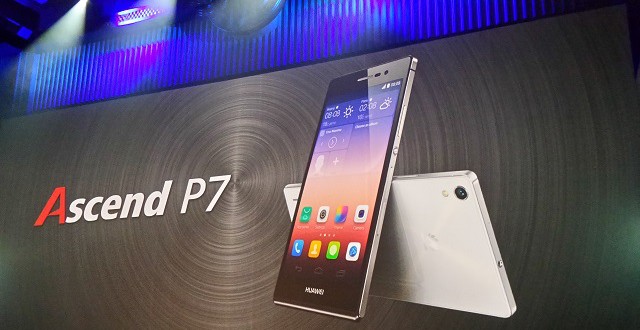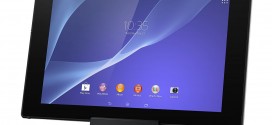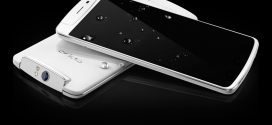More than 1 million Huawei Ascend P7 smartphones have been sold as of June 13th. The company’s latest flagship was released back in May and its already off to a promising start. Huawei said earlier this year that they plan on selling 80 million devices by the end of 2014. While this number might seem a bit unrealistic we have to note that the company did manage to sell 52 million last year. The Ascend P7 had a good first month and it will most likely contribute with at least a few more million devices towards the end goal. Huawei’s main disadvantage is that they’re not as popular as Samsung, LG, HTC, or some of the other phone manufacturers out there.
But what they lack in popularity, they make up for in quality smartphones and the Ascend P7 is a prime example of this. The device can go head-to-head with many of the other flagships currently available on the market. Spec-wise, the handset is not exactly one of the best out there, but it’s pretty close. We’re looking at a 1080 x 1920 resolution 5-inch IPS LCD display with 441 pixel density and Corning Gorrila Glass 3 protection. A quick look under the hood reveals a Li-Po 2500 mAh removable battery that’s powering the 1.8 GHz quad-core HiSilicon Kirin 910T chipset.
The Huawei Ascend P7 also comes equipped with 2GB of RAM, 13 megapixel camera (autofocus, Geo-tagging, HDR), and 16GB of internal storage memory. The device features a microSD card slot which allows for extended memory of up to 64GB. Connectivity options include 4G LTE, NFC, Wi-Fi, and Bluetooth. Finally, the A7 comes with dual-SIM support and runs on the Android 4.4.2 KitKat operating system with Huawei’s Emotion 2.3 user interface. The flagship is priced at about €450 or regional equivalents across Europe, Asia, and the Middle East.
Unfortunately, the Ascend P7 has not been made available in the United States. Earlier reports suggest that the device might never come to the US due to some very strange allegations. Government officials have accused Huawei of having direct ties with the Chinese government and are trying to block the spread of the company’s equipment throughout the country. Stateside officials are claiming that Huawei’s equipment could come with hidden surveillance that would allow the Chinese government to spy on the USA. The House Intelligence Committee began an investigation and arrived at the conclusion that Huawei “constitutes a rising national security concern of the highest priority.”
The company responded to these allegations by saying that the investigation is a “comedic sham…border[ing] on corporate defamation.”
 Load the Game Video Games, Reviews, Game News, Game Reviews & Game Video Trailers
Load the Game Video Games, Reviews, Game News, Game Reviews & Game Video Trailers



